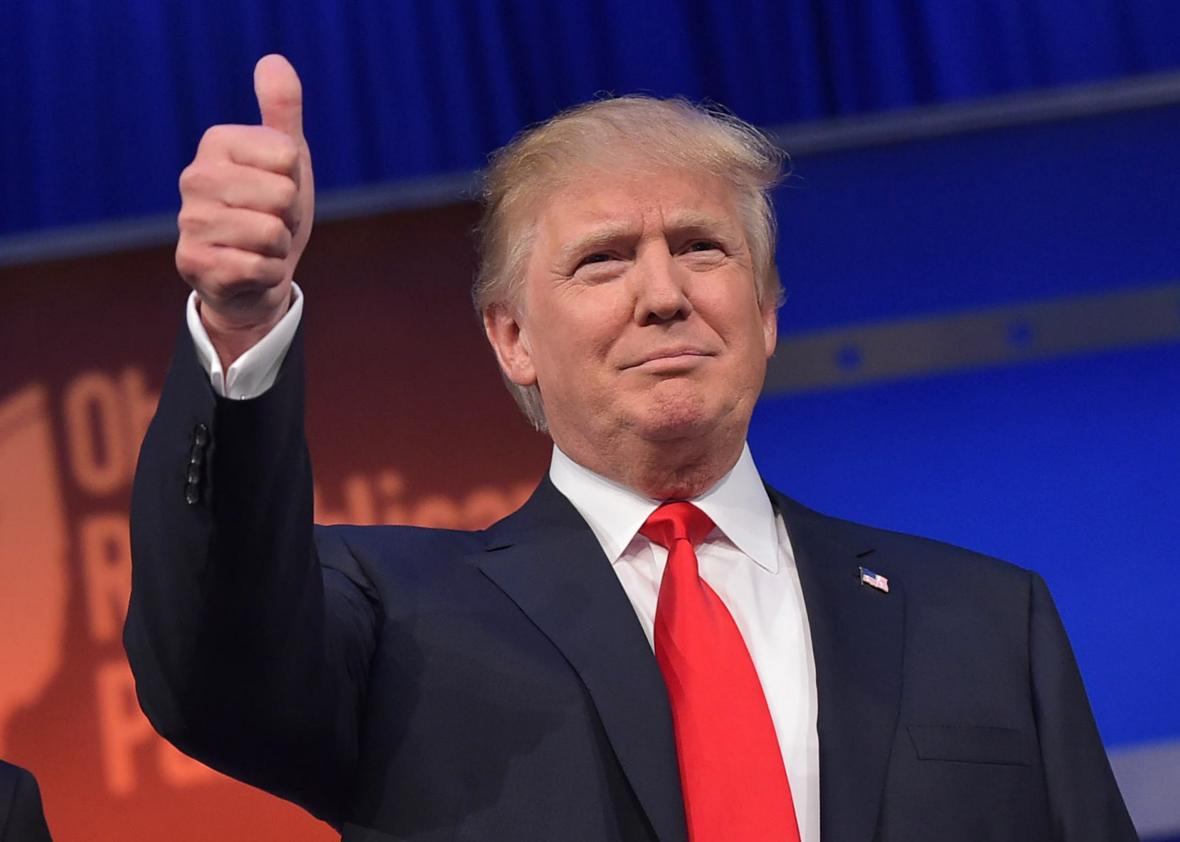Death on the Campaign Trail – From Trump and Clinton to RFK and Horace Greeley
Article originally published by: FuneralWise.com
Donald Trump. Hillary Clinton. It is difficult to remember a presidential battle between candidates who are more disliked than the present two major party nominees. Numerous citizens have no doubt privately wished the worst on both candidates. But what were to happen if the unthinkable happened?
“No presidential candidate of a major party has ever died or withdrawn before a presidential election,” wrote historian John Buescher, “and no President-elect has ever died or withdrawn after winning the general election.”
But there have been some notorious, and heart-breaking examples of death on the campaign trail, or just afterwards…
Robert F. Kennedy – His rise to power was swift and storied. Robert Kennedy served as campaign manager for his older brother John F. Kennedy in his 1960 run for president. Of course, JFK won, and Robert Kennedy served as attorney general in his administration and was his closest advisor. In 1964, he was elected senator of New York. In March 1968, Robert Kennedy declared his candidacy for president, in the same room where his brother John had done so eight years earlier. “I run because I am convinced that this country is on a perilous course,” he said, “and because I have such strong feelings about what must be done, and I feel that I’m obliged to do all I can.”
Kennedy entered a tight race. Already in the running were incumbent President Lyndon Johnson and Senator Eugene McCarthy of Minnesota. Kennedy ran on a platform of racial and economic justice, non-aggression in foreign policy, decentralization of power, and social change. He appealed especially to poor, African American, Hispanic and Catholic voters. When Johnson surprisingly dropped out, the race got even more intense. Vice President Hubert Humphrey then entered, with the support of the party’s establishment. But on June 4, 1968, Kennedy scored a major coup, by winning the California primary. Shortly after midnight on June 5th he addressed his supporters in the ballroom of The Ambassador Hotel, in Los Angeles, then headed for the press room. Someone mentioned a shortcut was through the hotel kitchen, and Kennedy followed their advice, despite being told by his bodyguard, former FBI agent Bill Barry, to avoid the kitchen.
In the crowded kitchen passageway Robert Kennedy shook hands with busboy Juan Romero. At the same moment, a 24-year-old Palestinian named Sirhan Bishara Sirhan opened fire with a .22-caliber revolver, mortally wounding the senator. Two former sports stars and the journalist and literary editor George Plimpton are credited with wrestling Sirhan to the ground. Meanwhile, Romero cradled the wounded senator’s head and placed a rosary in his hand. “Is everybody okay?” Kennedy asked him. “Yes, everybody’s OK,” the busboy replied. Kennedy then turned away and said, apparently to no one in particular, “Everything’s going to be okay.” Medical attendants arrived and lifted him onto a stretcher. “Don’t lift me,” he said, then lost consciousness. They were his last words.
William Henry Harrison – Harrison survived the campaign trail and a battle against the incumbent President Martin Van Buren, but ended up serving the shortest presidency in history. He was in office for only 30 days, 12 hours and 30 minutes before succumbing to what at the time was thought to be pneumonia. Harrison took the oath of office on March 4, 1841. It was a cold wet day, but the former warrior, famous for leading American forces against Native Americans in the 1811 Battle of Tippecanoe, apparently wanted to prove his stuff. He wore neither an overcoat nor hat, and delivered the longest inaugural address in American history, an 8,445 word speech that took him nearly two hours to deliver. Afterward Harrison rode through the streets in an inaugural parade, and that evening attended three inaugural balls.
At the time, anyone who wanted a meeting with the President could simply come to the White House and wait in line. And come they did, at all hours of the day and night. “I am so much harassed by the multitude that call upon me,” an overwhelmed Harrison declared “that I can give no proper attention to any business of my own.” Apparently, this also included his health, because on March 26 Harrison became ill with a cold. The illness swiftly worsened, rapidly turning to pneumonia and pleurisy. “He sought to rest in the White House,” reads Harrison’s Wikipedia entry, “but could not find a quiet room because of the steady crowd of office seekers.”
His doctors tried all the cures of the time; castor oil, leeches, opium and Virginia snakeweed, but these treatments only seemed to make Harrison worse. Eventually, he became delirious. Nine days after becoming ill, and less than one month after taking office, he died. His doctor diagnosed the cause of death as “pneumonia of the lower lobe of the right lung,” but a 2014 medical analyses concluded that he actually died of enteric fever, otherwise known as typhoid, a condition likely spurred on by the fact that the White House lay within close proximity to a dumping ground for sewage and human waste.




